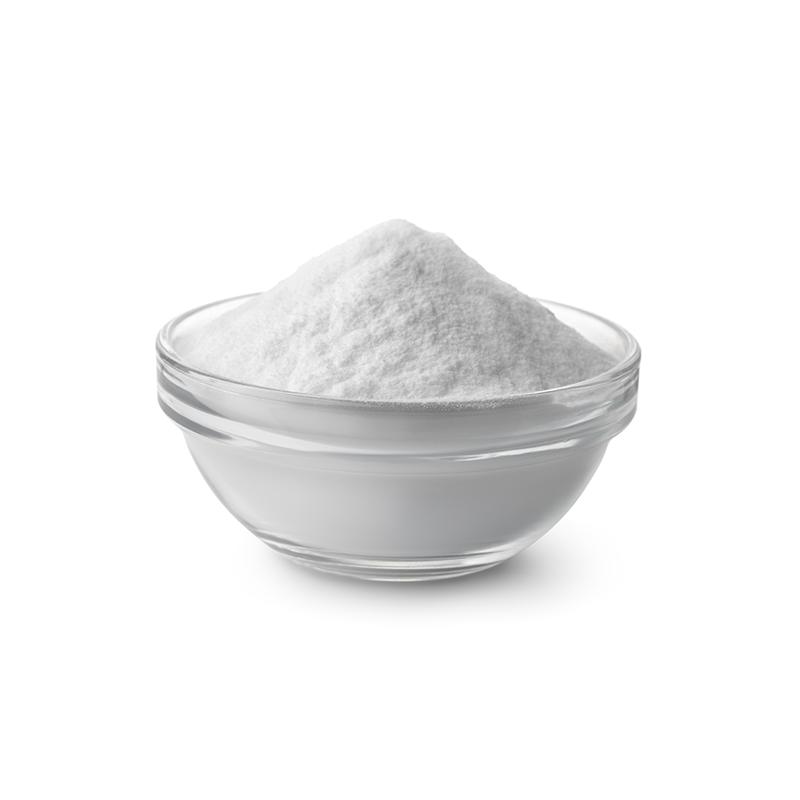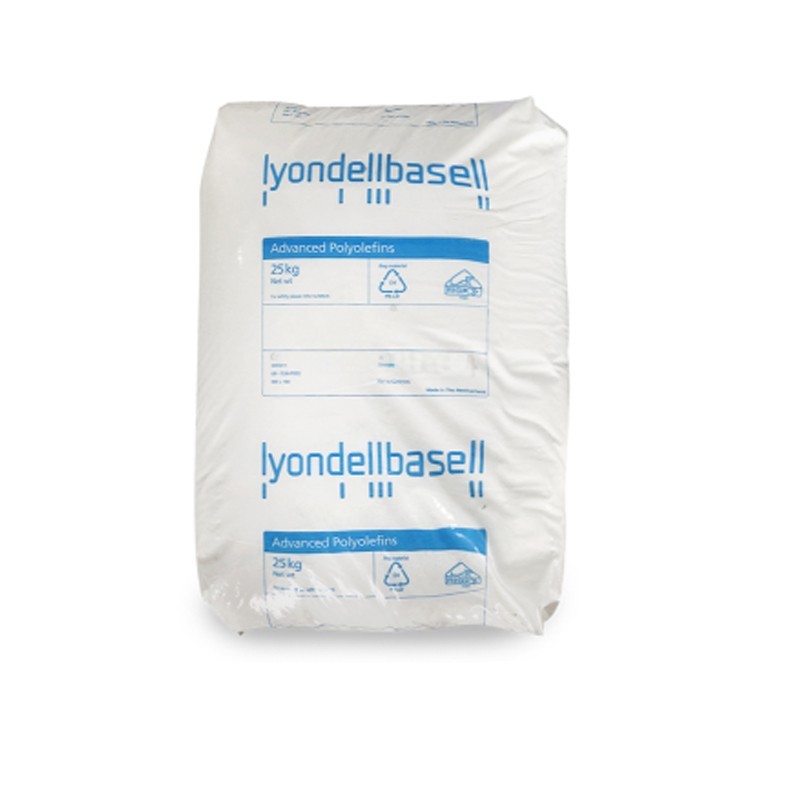Sorry, no matches were found for 'vehicles' Please try another keyword.
Request For Quotations
Q
who makes santa cruz vehicles
I'm a seasoned industrial engineer with a keen interest in machine learning. Here to share insights on latest industry trends.
Engineering 360: Your one-stop source for everything in the engineering world. Empowering minds and encouraging innovation.
You May Like
In college-level microbiology classes, lab coats are often required as part of the personal protective equipment (PPE) to ensure a safe learning environment. These classes involve handling microbes, some of which may be potentially harmful, as well as using substances that could stain or damage clothing. Lab coats provide a barrier against contamination, reduce the spread of microbes, and protect personal clothing. Additionally, wearing lab coats helps inculcate a culture of safety and professionalism in the laboratory setting, making them an essential component of laboratory attire in microbiology courses.
Low density polypropylene (LDPE) is not inherently hard to recycle, but its recycling rate is lower compared to other plastics like PET or HDPE. This discrepancy is largely due to collection and sorting challenges. LDPE items, such as plastic bags and wraps, are lightweight and can clog machinery, complicating the recycling process in traditional facilities. Efforts to improve LDPE recycling involve specialized collection programs and advances in sorting technologies. Encouraging consumers to drop off LDPE materials at designated recycling centers or store drop-off points can enhance its recycling rate. Additionally, more companies are exploring ways to incorporate recycled LDPE into their products, creating a greater demand for this recycled material.
In terms of hazard classification. titanium dioxide is classified as a substance of two classes CARC.2. H351 by the EU in 2020. It has a HS code of 28.23 million. Those with an aerodynamic diameter of 10 m or smaller form titanium dioxide or mixtures of titanium dioxide powders with a hazard classification of more than 1%.
Recommended Suppliers
You May Like
Q&A
- •injection blow molding advantages and disadvantages
- •how to see website after yarn build
- •what grade is vacuum pump oil
- •what causes pacs
- •what are porous polymers made from
Popular Information
- •The flake caustic soda prices were consolidating (December 4-11)
- •Chemplast Sanmar to benefit from favourable PVC cycle: ICICI Securities
- •AGC completes expansion of PVC facility in Indonesia
- •Ind-Ra upgrades Chemplast Sanmar to ‘Ind A+’/Positive
- •Price trends for Specialty chemicals in Aug 2022: ICICI Securities
















